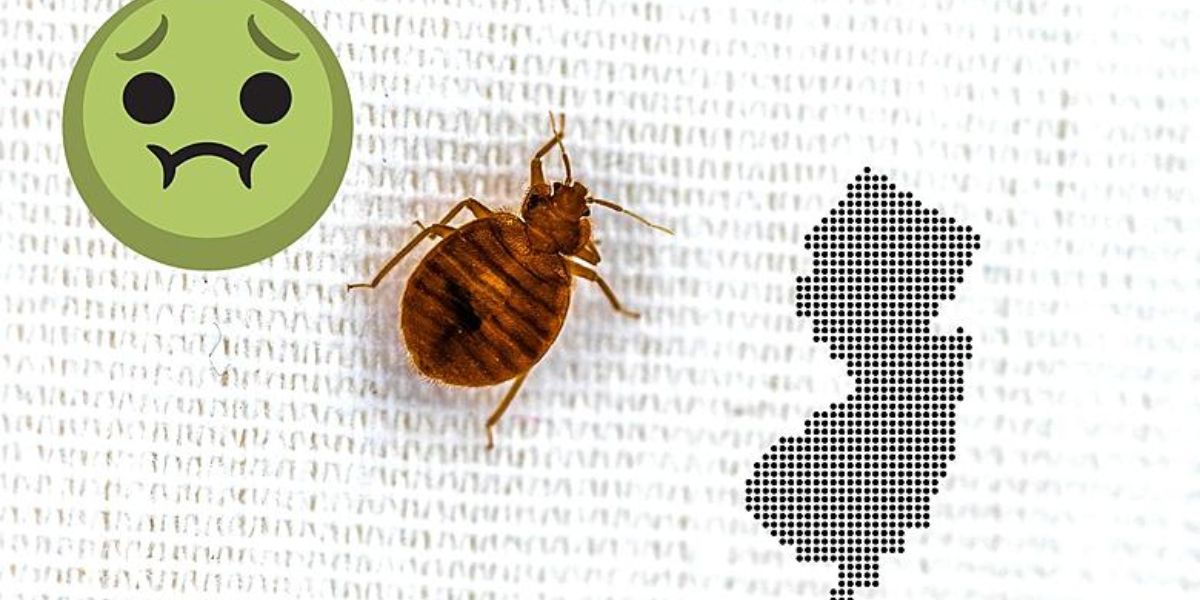New Jersey is grappling with a significant resurgence of bed bug infestations, particularly in five major cities: Jersey City, Newark, Atlantic City, Trenton, and Hoboken.
These urban areas are experiencing an alarming rise in cases, prompting urgent public health responses and increased awareness campaigns.
🐜 Cities Under Siege
Jersey City: With its dense population and high-rise apartments, Jersey City faces unique challenges. Shared walls and hallways facilitate the rapid spread of bed bugs.
The city has initiated free inspections and offers financial assistance for low-income residents to combat the infestations.
Newark: Newark’s approach includes partnerships with landlords to enforce stricter pest control protocols and community education workshops to empower residents in preventing and addressing infestations.
Atlantic City: The tourism industry in Atlantic City is under threat as bed bugs infest hotels and motels. The city collaborates with these establishments to implement mandatory inspection protocols and invest in canine detection units for early identification.
Trenton: As the state capital, Trenton focuses on education, offering multilingual public awareness campaigns and resources to inform residents about bed bug prevention and treatment.
Hoboken: Hoboken promotes tenant-landlord communication through workshops and provides a dedicated hotline for residents to report infestations, aiming for a united front against the problem.
🔬 Underlying Causes
A recent study by Rutgers University revealed that approximately 12% of apartments in low-income buildings across New Jersey are infested with bed bugs. Alarmingly, about 50% of residents were unaware of the infestations.
Factors contributing to this surge include increased international travel, resistance to traditional pesticides, and lack of awareness. Women and African-American residents reported higher instances of bites and infestations.
🛡️ Statewide Measures
In response to the crisis, New Jersey’s Senate has approved a bill requiring commercial facilities with beds—such as hotels, hospitals, and nursing homes—to establish agreements with exterminators for bed bug eradication. This measure aims to ensure prompt and effective responses to infestations in public accommodations.
🧠 Prevention Tip
Residents are advised to:
-
Inspect used furniture and mattresses before bringing them home.
-
Vacuum and steam clean carpets and upholstered furniture regularly.
-
Encase mattresses and box springs in protective covers.
-
Wash bedding in hot water weekly.
-
Seal cracks and crevices in walls and furniture.
-
Exercise caution when traveling; inspect hotel rooms for signs of bed bugs.Early detection and professional treatment are crucial in managing and eliminating bed bug infestations.



